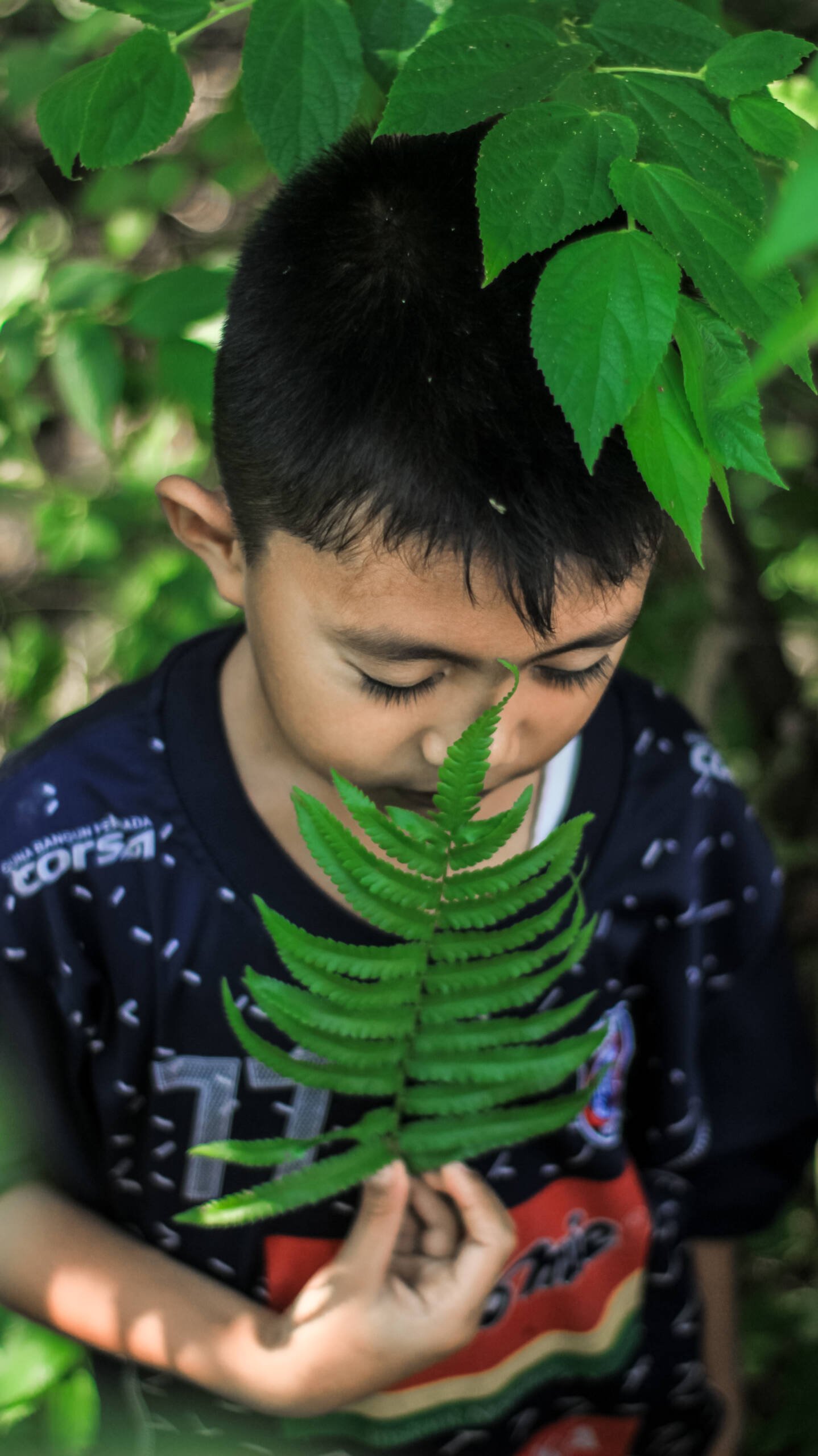Reclaiming environmental consciousness from Vedic, tribal, and folk wisdom
In the stillness of a forest, where light filters gently through ancient canopies, and the earth speaks in rustling leaves and flowing streams, Bharat’s soul has always found its sacred mirror. Our relationship with nature was never that of conqueror and subject—but of kinship, reverence, and profound interdependence. To walk through the forests of Bharat is not merely to traverse landscapes, but to enter a sanctum of civilizational wisdom—where ecology was not a subject, but a sacred way of life.
Today, when the world reels under the weight of climate change, ecological degradation, and disconnection from the natural world, it is not merely policies or technologies we lack—but memory. Memory of how to live in harmony with the Earth. Memory of our roots. And it is here that ancient Indian thought rises, not as nostalgia, but as necessity. It holds within it an ecological consciousness that is urgently relevant for modern education, policy, and cultural revival.
It is time we bring this indigenous ecological consciousness back into our schools, our policies, and our everyday choices—not as an act of revivalism, but as a blueprint for regeneration. The National Education Policy 2020 echoes this need, urging us to re-root learning in our cultural and environmental heritage. As we look to build a future that is not just sustainable but sacred, let us reclaim the wisdom that once taught us to live with the Earth, not on it.
Vedic Ecology: Seeing the Divine in Nature
The Vedas—those oceanic hymns of wisdom—resound with deep ecological insight. The Ṛgveda does not speak of rivers and mountains as mere objects; it sings of them as mothers, protectors, deities. The Apah Suktam exalts water as life-giver, healer, and purifier. Prithvi Suktam of the Atharvaveda offers perhaps the oldest ecological hymn known to humankind—a prayer to the Earth herself:
“Mātā bhūmiḥ putro’ham pṛthivyāḥ”
“Earth is my mother, I am her son.”
This was not poetic metaphor—it was the lived reality. Every mountain was sacred (Girirāja), every tree a sentient being (Vṛkṣa Devatā), every river a goddess (Ganga, Yamuna, Sarasvati). To harm nature was to rupture dharma—the cosmic order. Sustainability was not a modern goal—it was a moral imperative.


Forests as Universities of Life
In ancient India, learning did not happen within concrete walls alone—it happened under the canopy of trees, within the sanctity of the aranya (forest). The Tapovana tradition of forest hermitages fostered education rooted in observation, contemplation, and communion with nature. Great sages like Vishwamitra, Vasistha, and Agastya nurtured not just students but civilizations from the heart of the wilderness.
The forests were not feared—they were revered. The Upanishadic vision of Tat Tvam Asi (“Thou art That”) extended to all beings. A bird, a breeze, a tree—they were teachers in the cosmic classroom. In these groves, students imbibed not just logic and language, but humility, patience, and ecological sensitivity.
In today’s language, we might call this “place-based experiential learning.” But in Bharat, it was simply called learning.
Tribal and Folk Wisdom: The Living Guardians of the Earth
Even as urban civilizations rose and fell, Bharat’s indigenous communities quietly held aloft the torch of ecological wisdom. The Bhils, Gonds, Santhals, and countless other Adivasi groups—custodians of forests for millennia—practiced sustainability as culture. Their festivals honored the sowing of seeds, the blooming of trees, the rhythm of seasons. Every hunt was balanced with restraint; every ritual was aligned with ecological cycles.
They did not extract from the Earth—they conversed with her. They knew which bark healed fevers, which root calmed the mind, which season brought which migration of birds. In their stories, animals spoke, rivers danced, and trees bore witness to human conduct. Their worldview teaches us what modern society must desperately re-learn: to listen to the Earth.
A Civilizational Model for the Future
In the Mahabharata, the wise Yaksha asks Yudhishthira, “What is the greatest wonder?” And Yudhishthira replies, “That though death is certain for all, people live as though they are immortal.” Today, we might rephrase it: “Though environmental collapse is before our eyes, we live as though nature is infinite and disposable.”
This rupture—between knowledge and action, between awareness and responsibility—can only be healed through education that is not merely cognitive, but character-building. Education that rekindles our ecological soul.
The National Education Policy (NEP) 2020 hints at this vision. It calls for holistic, value-based, and experiential learning. It invites us to reimagine education not as data consumption, but as rootedness—anubhava (experience), darshana (vision), and sādhanā (inner practice). What better way to achieve this than by returning to the ecological wisdom of our land?
Lessons for Today’s Learners and Educators
-
Redefine Classrooms: Let us take students beyond textbooks into forests, farms, and rivers. Let the Earth become a co-teacher.
-
Value-Based Environmental Education: Integrate Vedic hymns, tribal practices, and folk songs into curricula—not as exotic elements, but as living philosophies of sustainability.
-
Revive Eco-Spirituality: Move beyond scientific awareness to ecological reverence. Teach that harming the Earth is not just a policy issue, but a breach of dharma.
-
Empower Through Practice: Seed banks, school gardens, forest walks, waste audits, water rituals—let sustainability become a lived practice, not just a lecture.
Reclaiming the Earth, Reclaiming Ourselves
In the Taittiriya Upanishad, we are told:
“Annam bahu kurvita” — “Let food be plentiful.”
But not through greed. Through gratitude.
Not through exploitation. Through stewardship.
This is the Indian way—an ecology that begins not in the lab, but in the heart. Today, as we confront the gravest environmental crises of our times, let us not look only forward for solutions. Let us look inward. Let us look homeward—to the forests, the chants, the rivers, the mothers, and the stories of Bharat.
For in saving the Earth, we are not merely preserving a planet—we are remembering who we are.
Let the Earth not remain a subject in a classroom. Let it become our classroom, our teacher, our prayer.



